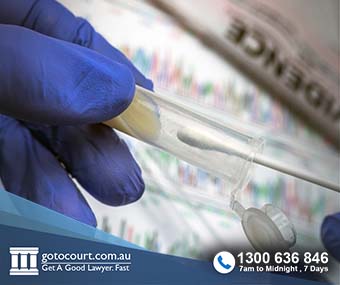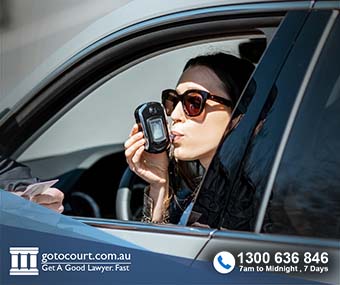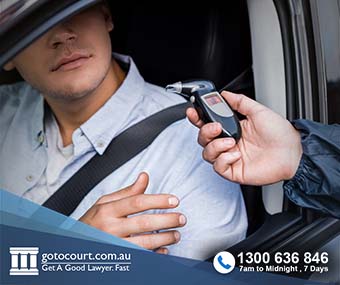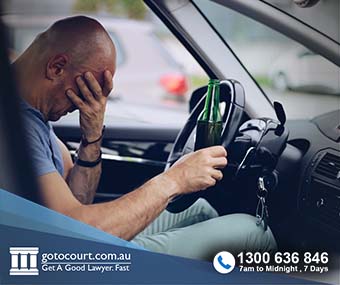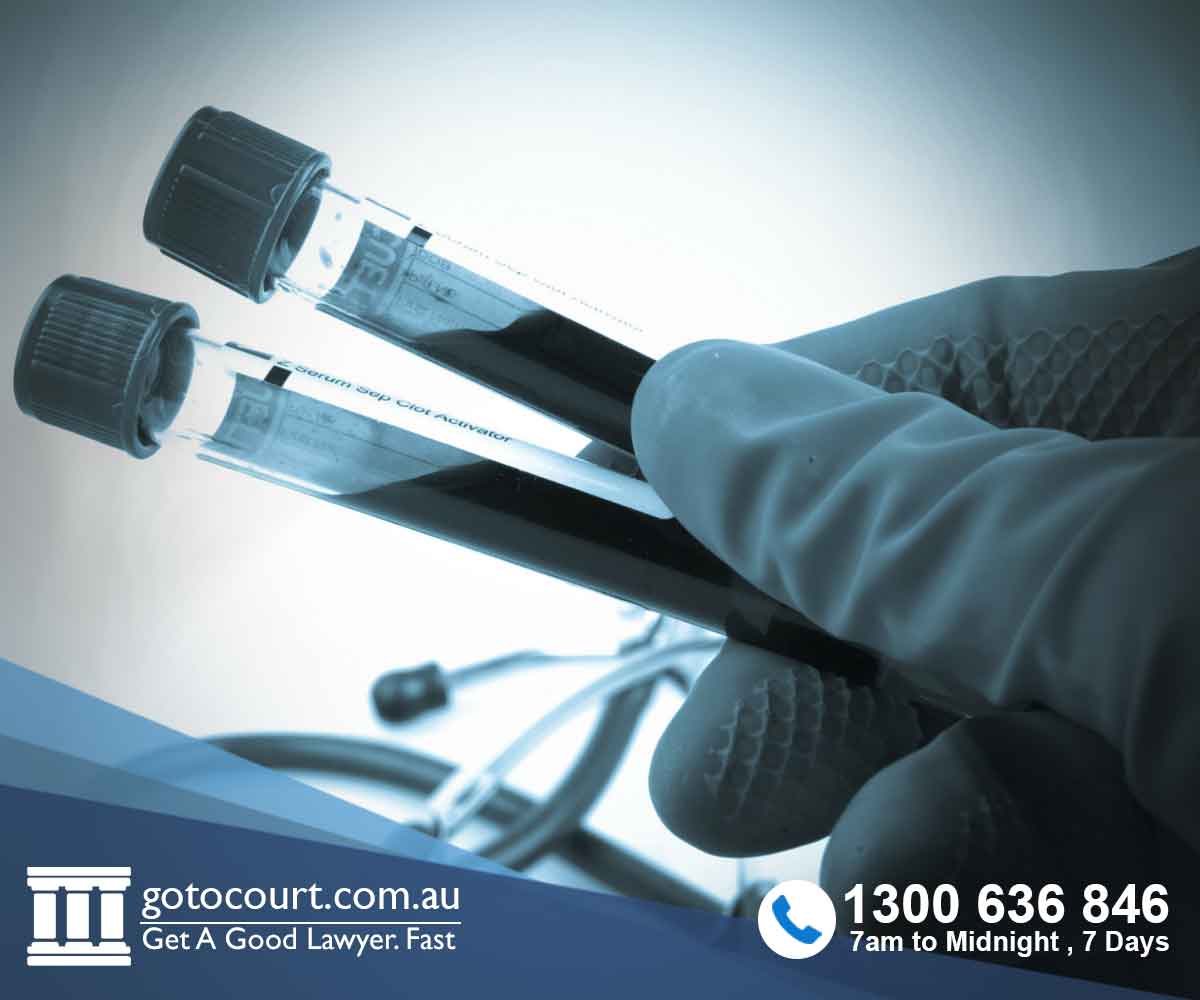Breath Testing in the ACT
Breath testing in the ACT is regulated by the Road Transport (Alcohol and Drugs) Act 1977. Under this Act, police officers can, in certain circumstances, require a driver to undertake a breath test for the purposes of determining whether they have driven a motor vehicle under the influence of alcohol. If a person refuses to participate in such a test, they may commit a criminal offence.
How is breath testing in the ACT conducted?
Breath testing in the ACT may be conducted using either of two different kinds of devices. The first is an alcohol screening device. This is the hand-held device that is used to test a driver’s breath – for example, after being pulled over for a random breath test.
A breath analysis instrument is usually only used to check a person’s breath for alcohol once an alcohol screening device suggests they have driven a motor vehicle under the influence of alcohol. Only certain devices which are named in the Road Transport (Alcohol and Drugs) Regulations 2000 are permitted to be used as an “alcohol screening device” or a “breath analysis instrument”.
Circumstances when breath test may be required
Under the Road Transport (Alcohol and Drugs) Act 1977, a person may be breath tested in the following circumstances:
- where the person is a driver or a driver trainer on a road (section 8);
- where the police suspect they were the driver of a vehicle at the time of an accident (section 9);
- where the police suspect they were the driver trainer in a vehicle at the time of an accident (section 9A);
- where the police suspect they have committed the offence of culpable driving (section 10).
Breath testing after an accident
If you are involved in a car crash, a police officer can require you to undertake one or more alcohol screening tests, regardless of whether you were the driver of the motor vehicle or a driver trainer. In both situations, you must follow the directions of the police officer; failure to do so is an offence. You can be required to stay in a particular place for up to 30 minutes for the purpose of taking the alcohol screening test.
Breath testing in the ACT after culpable driving
If a police officer reasonable suspects that you have committed an offence of culpable driving, or that you were the driver trainer of such a driver, you may be required to undertake an alcohol screening test. You can be required to stay in the place of alcohol testing for maximum period of 30 minutes.
What happens after the alcohol screening test?
If you undertake an alcohol screening test in one of the above situations and the alcohol screening test suggests that you have a prescribed concentration of alcohol in your blood (ie an amount sufficient to commit an offence of driving under the influence of alcohol), or if you failed to comply with an alcohol screening test, a police officer can take you into custody and to a police station or other convenient place for the purposes of taking a breath analysis using a breath analysis instrument.
You must then give a sample of your breath for breath analysis in accordance with any reasonable directions made by the police officer. Only an authorised police officer can administer a screening test. As soon as possible after the test is done, the authorised police officer must give you a written report of the results of the breath analysis.
The police officer must take all steps they practically can to ensure the public cannot tell you are taking a breath analysis.
Offences
As mentioned above, failing to comply with a police officers’ directions or failure to submit to breath testing in the ACT can be a criminal offence. For example, failing to stay to take a screening test when directed to do so by a police officer is an offence punishable by a fine of up to 20 penalty units. Refusal to provide a sample of your breath is an offence punishable by a maximum fine of 30 penalty units. Refusing to take part in a screening test generally is also an offence punishable by a maximum fine of 30 penalty units. You may also face a period of imprisonment.
If you require legal advice or representation in any legal matter, please contact Go To Court Lawyers.

